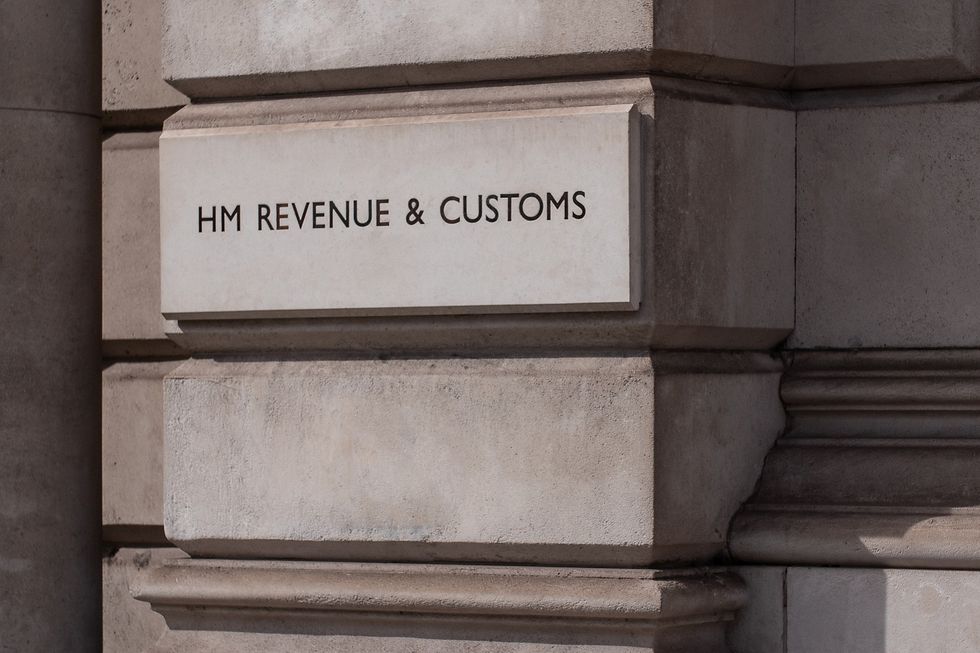HM Revenue and Customs (HMRC) is being urged to go after small businesses to “raise significant sums” in tax which is not being declared.
Figures from the National Audit Office (NAO) reveal the UK is losing billions in revenue due to tax evasion being conducted by everyday entrepreneurs.
The Government’s spending watchdog highlighted that preventing tax evasions reduces unfair competition advantages between businesses, as well as raises money.
According to HMRC, overall tax evasion has remained at the same level in recent years but has gone up among small businesses.
The tax authority claims it has not estimated the scale of this evasion but has launched campaigns at “high risk” businesses, including takeaways and sweet shops.
Furthermore, NAO highlights that HMRC does not have a specific plan to clamp down on tax evasion.
Do you have a money story you’d like to share? Get in touch by emailing money@gbnews.uk.
Small business owners are reportedly not paying their full tax liability
GETTY
Based on HMRC estimates, £5.5billion was lost due to tax evasion during 2022-23.
Phoenxism, which happens when companies continuously set up and liquidate parts of their business to avoid paying debts, made up 15 per cent of tax debt losses.
This is the equivalent to more than £500million over the 2022-23 tax year.
However, the Insolvency Service disqualified only seven directors solely for phoenxism between 2018-19 and 2023-25, out of a total of 6,274 disqualified directors.
Recently, HMRC has been able to generate extra tax from online retail by making online marketplaces liable for Value Added Tax (VAT) on sales by overseas retailers.
This decision has been mirrored in other counties and collects at least £1.5billion more in VAT annually.
Despite this, NAO is warning about there being gaps in the checks of companies and marketplaces which falsely present themselves as UK-based to avoid paying VAT.
Another risk recognised in preventing HMRC from being able to raise revenue is weaknesses in company registration criteria.
Over the last 13 years, it has been relatively easy to set up UK companies online from anywhere in the world but this leaves the country vulnerable to tax evasion, according to the NAO.
Tighter requirements on these companies will reportedly not be able to come into effect until Companies House creates capable systems to regulate them.
LATEST DEVELOPMENTS:

The NAO is calling on the tax authority to do more to tackle potential evasion
GETTY
Gareth Davies, the head of the NAO, broke down the argument for HMRC taking small businesses to task.
He explained: “Although tax evasion has been growing among small businesses, HMRC has so far lacked an effective strategic response.
“Its assessment of risks has given too little emphasis to widely used methods of evasion such as sales suppression and phoenixism. It has also failed to use new powers to tackle tax evasion.
“Tackling tax evasion is not a straightforward task. But real opportunities exist for HMRC to work more systematically across government to reduce it. Tighter controls and more compliance work could raise significant sums and improve value for money.”

